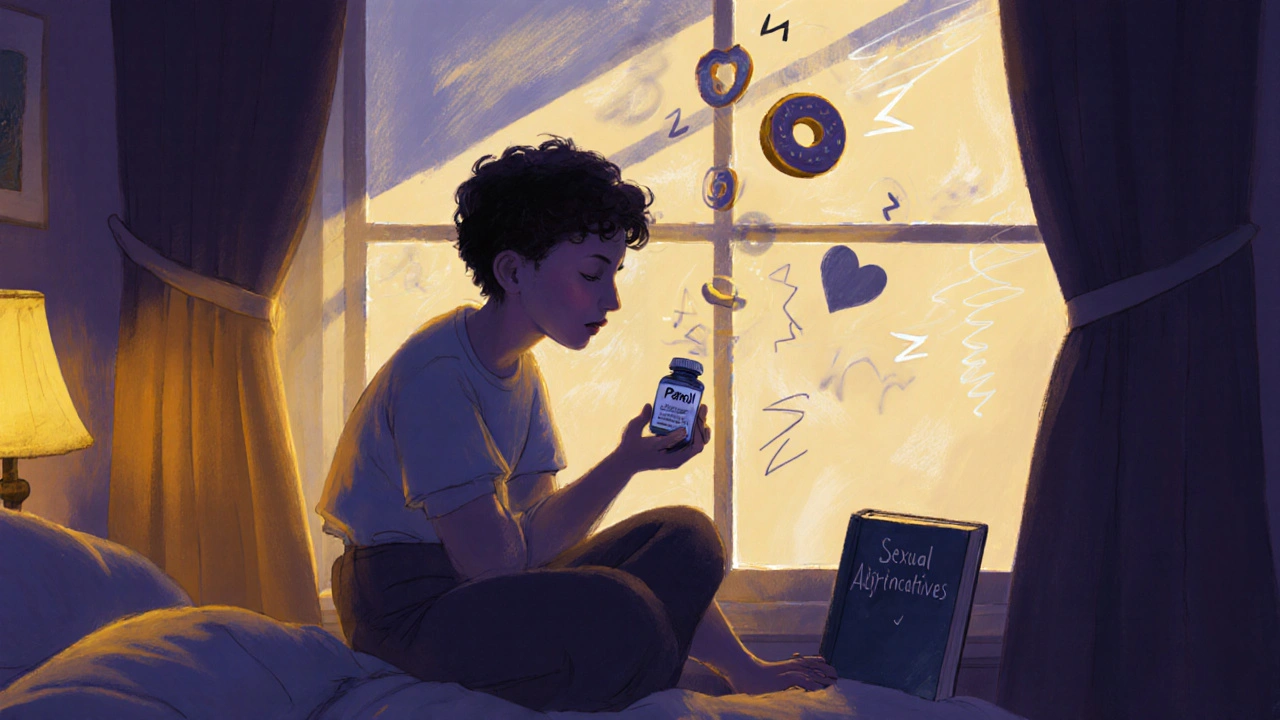Anxiety Treatment: Effective Options, Alternatives, and What Actually Works
When it comes to anxiety treatment, a range of medical and psychological approaches used to reduce excessive worry, panic, and physical symptoms of anxiety. Also known as anxiety management, it’s not one-size-fits-all—what helps one person might do little for another. Millions rely on it daily, whether through medication, talk therapy, or lifestyle shifts. The goal isn’t to eliminate anxiety entirely—that’s normal—but to stop it from controlling your life.
Many people start with antidepressants, medications originally developed for depression but now widely used to treat chronic anxiety disorders. Also known as SSRIs and SNRIs, drugs like sertraline (Zoloft) and duloxetine (Cymbalta) are common first choices because they’re less addictive than older options. But they take weeks to kick in, and side effects like nausea or fatigue can be tough at first. Then there are benzodiazepines, fast-acting sedatives like alprazolam or clonazepam used for short-term relief during panic attacks. Also known as benzos, they work in minutes but carry risks of dependence if used too long. That’s why doctors often pair them with longer-term solutions.
cognitive behavioral therapy, a structured, evidence-based form of talk therapy that helps rewire negative thought patterns driving anxiety. Also known as CBT, it’s one of the most effective non-drug treatments out there—studies show it works as well as medication for many people, and the skills last long after therapy ends. You don’t need a fancy clinic or years of sessions; even 8 to 12 weekly calls with a trained therapist can make a real difference. And it’s not just for severe cases—people with mild social anxiety, work stress, or sleep issues benefit too. You’ll also find that anxiety doesn’t live in a vacuum. It often ties into depression, sleep problems, or even gut health. That’s why some of the best guides here look at how managing one condition—like diabetes fatigue or colitis—can ease anxiety symptoms too. There’s no magic pill, but there are proven paths. What works depends on your body, your life, and your goals. Below, you’ll find real comparisons: which meds help most, what therapies actually stick, and when it’s time to try something new. No hype. Just facts.
Paxil (Paroxetine) vs. Alternatives: What Works Best for Anxiety and Depression?
- Beata Staszkow
- |
- |
- 10
Paxil (paroxetine) helps with anxiety and depression, but side effects like weight gain and sexual dysfunction make many seek alternatives. Compare Prozac, Zoloft, Cymbalta, and non-medication options to find what works best for you.
View more
